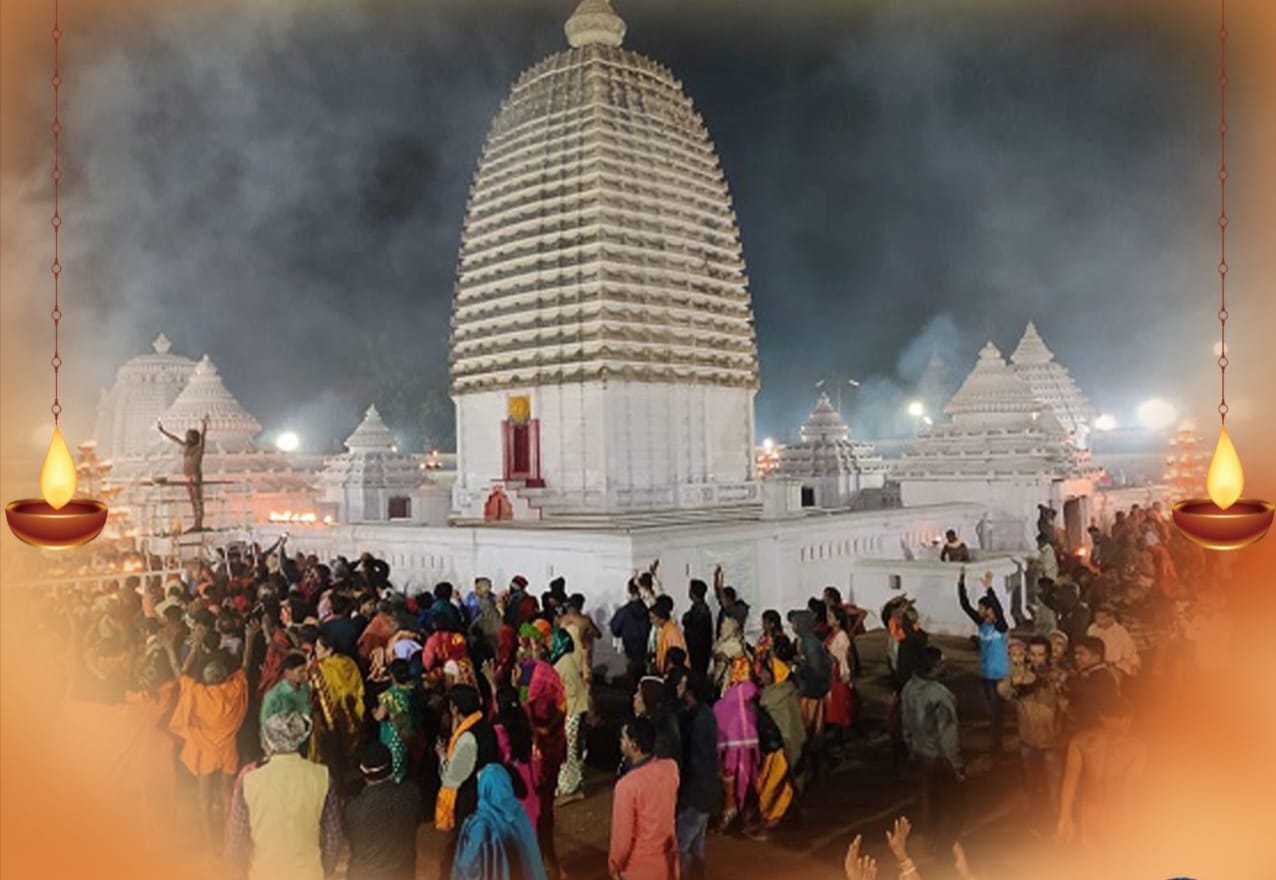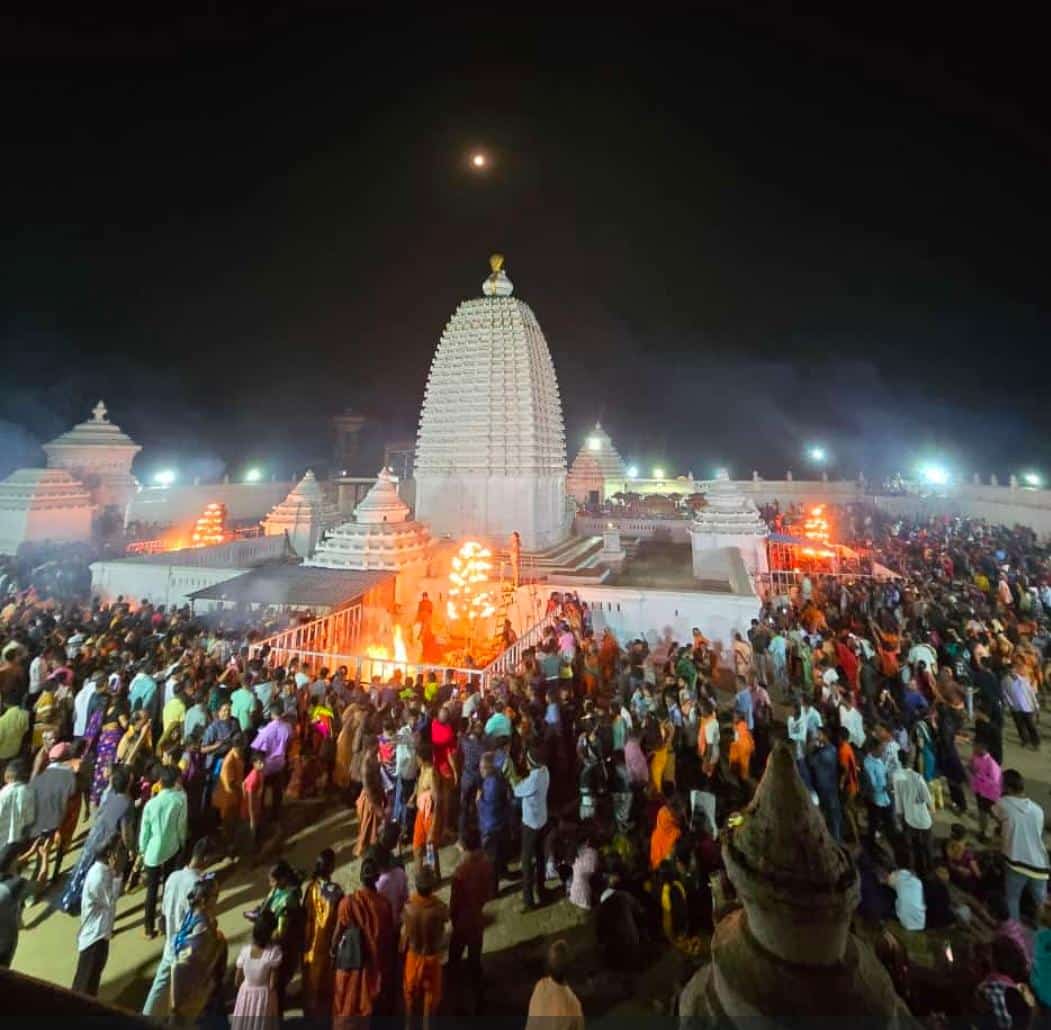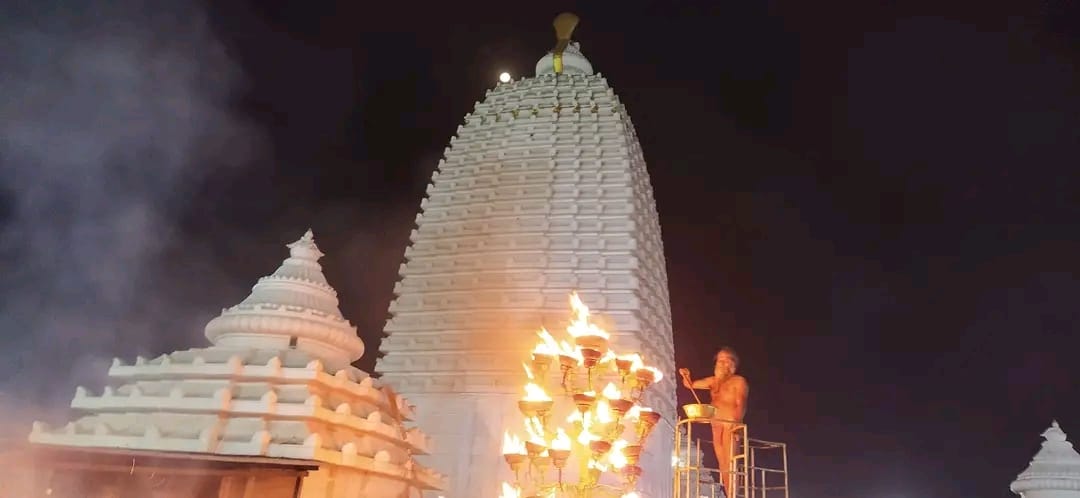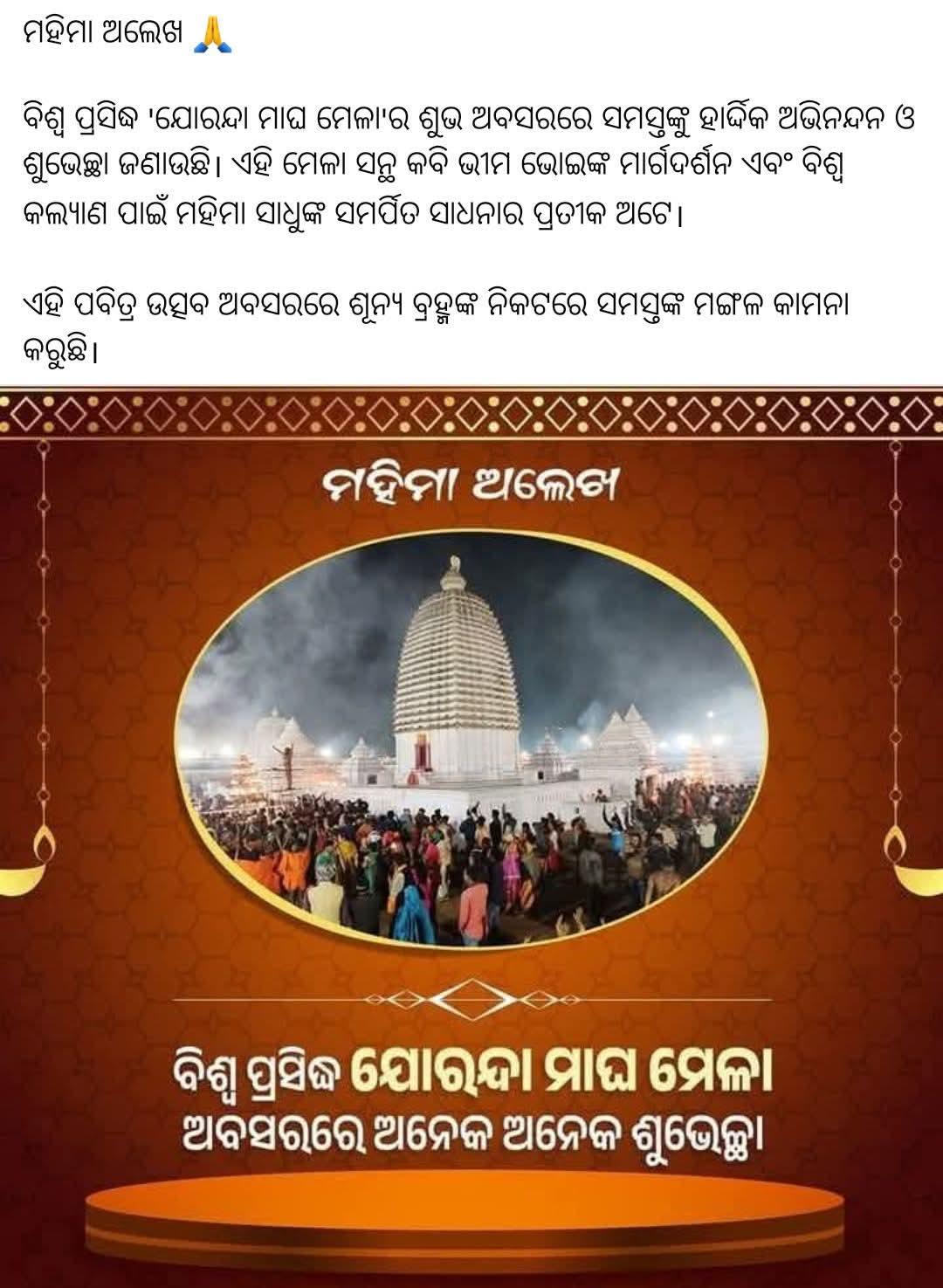
MAGHA PURNIMA : A GREAT FESTIVAL OF MAHIMA DEVOTEES.
DHENKANAL, ODISHA [12/02, 3:13 pm] Subash Chandra Dash:
The full moon of the Magh month, known as Magha Purnima, holds great spiritual significance in Hinduism. It marks the conclusion of the auspicious Magha month and is a time for self-reflection, spiritual and physical purification, and selfless acts of charity. Devotees often take ritual baths in holy rivers, perform good deeds, and engage in prayers and chanting of Vedic mantras
Mahima Gosain, also known as Mahima Swami, is the founder of Mahima Dharma, a Hindu sect primarily practiced in Odisha. Mahima Dharma emphasizes the worship of God as attributeless and condemns religious customs set by the upper-class society. Mahima Swami's teachings advocate for the abolition of idol worship and promote the idea of God as nirguna
Mahima Swami's journey began in the early 19th century when he appeared in Puri, Odisha, and later moved to Kapilas Hill in Dhenkanal. He spent many years in deep meditation and propagated his teachings throughout Odisha and nearby states. His disciples, including the blind poet Bhima Bhoi, played a significant role in spreading Mahima Dharma
Mahima Dharma continues to be an important spiritual movement in Odisha, with its followers known as Alekhanamis, Alekhgirs, and Alekheyas
[12/02, 3:20 pm] Subash Chandra Dash: The worship of ALEKH in Mahima Dharma is unique and differs from conventional religious practices. Here are some key aspects:
Key Aspects of ALEKH Worship:
1. **Formless Deity**: ALEKH is a formless, attribute less God. Unlike typical Hindu deities, ALEKH has no physical representation or idol, emphasizing the transcendental nature of the divine.
2. **Monotheism**: Followers of Mahima Dharma believe in a single, supreme God, ALEKH, who is beyond human comprehension and attributes.
3. **Simplicity in Worship**: The worship practices are simple and straightforward. There are no elaborate rituals, ceremonies, or offerings. Devotion is expressed through meditation, chanting, and ascetic practices.
4. **Meditation and Contemplation**: Meditation plays a central role in connecting with ALEKH. Devotees focus on inward reflection and contemplation of the divine.
5. **Chanting**: Collective chanting or "Sankirtan Yajna" is a common practice. Devotees come together to chant the name of ALEKH, creating a spiritual atmosphere.
6. **Equality and Purity**: The worship emphasizes purity of heart and mind. It rejects any form of discrimination, promoting equality among all devotees regardless of caste or social status.
By focusing on the formless and attribute less nature of ALEKH, Mahima Dharma encourages a direct and personal connection with the divine, free from the constraints of traditional rituals and symbols.



